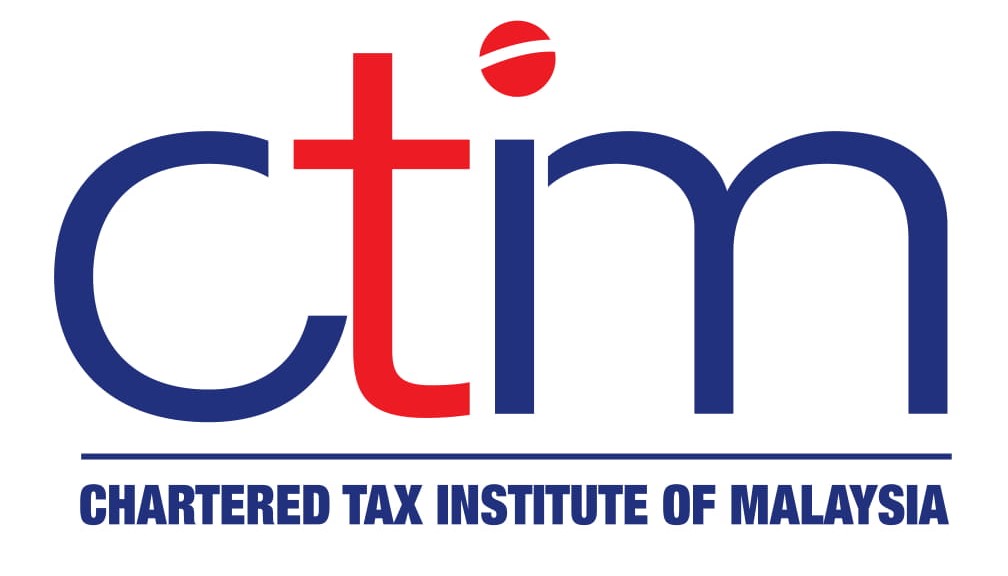
CPD EVENTS
- This event has passed.
INTRODUCTION
The Income Tax Act, 1967 was drafted during a time where businesses were conducted out of brick and mortar premises and the idea of a person being able to generate income without a physical presence seemed impossible. However, traditional businesses are now making way to the digital economy where it is possible to conduct international trade out of one’s bedroom or generate income via one’s mobile phone! In the first half of this course, we will consider how the provisions of the Income Tax Act, 1967 apply to these modern day businesses and how these entities should account for taxes. In the second half of the course, we will consider the topic of E-invoicing, which was introduced during Budget 2023 and subsequently in Budget 2024 with a revised deadline, which was brought forward to 01 July 2025. Here, the concept of E-Invoice, its mechanism and implications to businesses and how to get ready for the implementation would be discussed.
COURSE OUTLINE
-
Introduction to Digital Economy
• Types of new business models
• Taxability of Digital business models and applicable statutes under the Income Tax Act, 1967
-
Tax Impact on Digital Economy
• Drop shipment
• Employment exercised in Malaysia where employer has no business presence in Malaysia
• Tax implications on cross border work from home
• Content creators
• Digital Currency Trading
• Tax impact on Digital Currency Mining
• Withholding Tax on Digital transactions
• Definition of software under royalty and impact of Double Taxation Agreement
-
Introduction to E-Invoice
• General concept of E-Invoice
• Types of E-Invoice
• Exemption of E-Invoice
-
Getting Ready for E-Invoice
• E-Invoice Overview Workflow and Model
• MyInvois Portal vs API
• E-Invoice mandatory and optional fields
• Software Development Kit
• Industry Specific issues
-
Implications of E-Invoicing
• Claiming of expenses under Section 33(1) and restrictions under Section 39(1A)
• Impact on Tax Audit and Investigations carried out by LHDN
